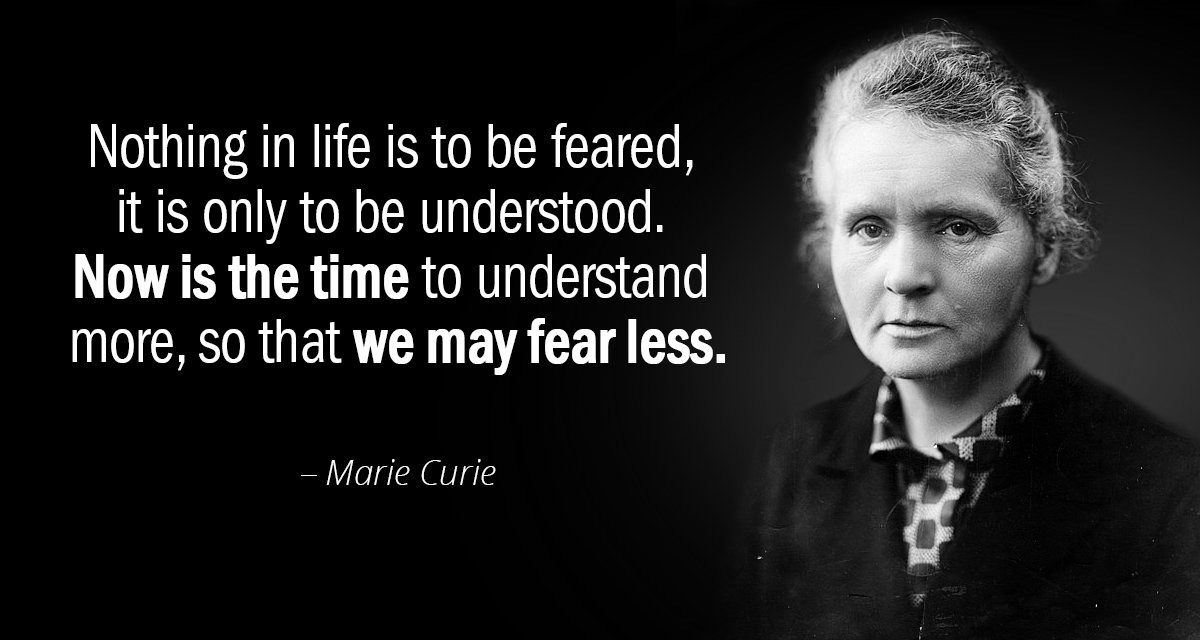We Need More Investment FOMO
Is it possible to use the fear of missing out so we quit leaving so much money on the table?
We need more FOMO when it comes to investing.
According to Google AI:
“FOMO stands for ‘fear of missing out’. It's an anxiety-provoking feeling that stems from the fear of missing out on experiences, information, or life events.”
In the case of investing, this gets twisted about into a “fear of being in.” Perhaps we’ll call it FOBI.
What we’re really talking about is the fear of being in the stock market in case it goes down.
This fear is constantly stoked by “market gurus” who say things like, “The market ‘reminds me of 2000,’ and you need to be ready for a correction.”
This was from April 2021, by the way. Since that time, the stock market has compounded at over 13% annually.
If you took the warning to heart and moved out of stocks into more “conservative” investments, you’ve left a lot of money on the table.
The correction will come eventually, of course—corrections are a normal part of the way markets work—at which time plenty of “experts” will say, “I told you so.”
What is also inevitable is that the market will recover from any corrections or crashes and go on to set new record highs.
The implication from the doomsayers is that if you’re a smart investor, you should be able to “time the market.” Get out before the market goes down and get back in before it goes back up.
It would be great if you could do that but, unfortunately, you can’t. And neither can the “experts.”
What everyone is ignoring in this discussion is Time.
We covered this in our post, Why Context Matters (Core Post No 2).
With the help of Bilbo Baggins, we made the case that Time is the most important factor in investing. It changes everything.
Time is what is necessary to make the magic of Compounding—the secret to investing—work.
Time completely flips which investments are considered most or least risky.
Over short time periods, short-term investments (aka, Cash) are the least risky investments because they are designed to not lose money. Over long time periods, however, short-term investments (of the three major asset classes, Stocks, Bonds, and Cash) are the most risky asset because they have the lowest long-term compounding rate, meaning they are the least likely to help you achieve your long-term financial goals.
Stocks are the reverse. They are the most risky asset for short-term time periods—because they will periodically go down in value—but are the least risky asset for long-term time periods—because they have the highest long-term compounding rate.
Unfortunately, when the market goes down and you are “in the market,” you’ll see the decline in your portfolio value in your retirement or other investment account.
What no one ever shows you is how much money you gave up by moving out of stocks into more “conservative” investments because you were afraid of an imminent crash or correction.
And even if you did see this number, it may not be enough to motivate you to make smarter choices.
Why? It all comes down to human nature.
Psychologists call it loss aversion.
To quote Google AI again:
In psychology, "loss aversion" refers to the cognitive bias where people tend to feel the pain of losing something much more intensely than the pleasure of gaining something of equal value, leading them to prioritize avoiding losses over acquiring potential gains, even if it means missing out on opportunities.
This quote refers to, “the pleasure of gaining something of equal value.”
But we’re not talking about a gain of equal value. The potential gain people are passing on in our case is significantly higher than the potential—but temporary—short-term decline in value.
For many people, we’re talking about reaching retirement with hundreds of thousands of dollars less by moving into supposedly “safer” assets than they would have had if they had taken the long-term view and stuck with smarter asset allocation decisions.
Summary
When it comes to investing, we need FOMO to be greater than FOBI.
As is usually the case, the way to get there—to overcome the limitations of human nature—is through education leading to understanding. To quote Nobel Prize-winning physicist Marie Curie:
Our hope is that these posts will help you along that path of greater financial wisdom, ultimately leading to our stated goal of: More Money; Less Stress.
Best regards,
Stuart & Sharon






